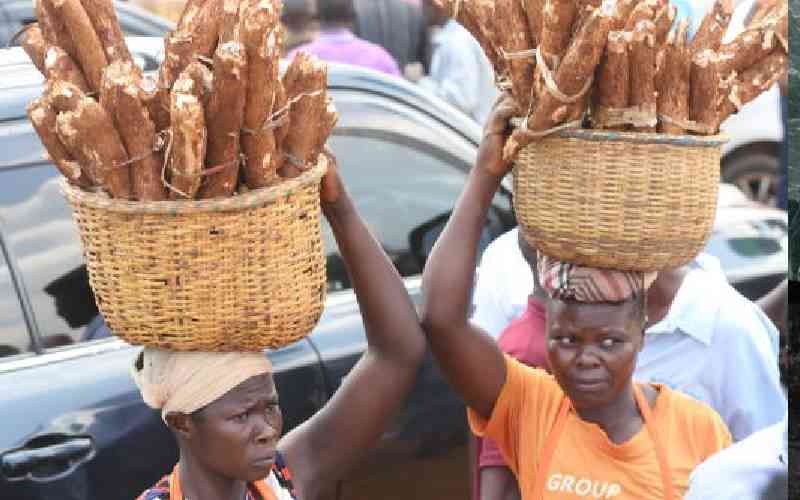
As our new government seeks to address the high cost of living, it will need to be very mindful of how taxation policy influences our economic ecosystem. Excise taxes, specifically, account for an important part of government revenue. But, if applied arbitrarily, they have far-reaching unintended consequences. For example, significant excise tax hikes can result in price disparities between neighbouring countries, spurring illicit trade and resultant loss of government revenues. This is already a reality in Kenya for sectors such as alcohol, cigarettes and bottled water.
This issue is acknowledged in the draft National Tax Policy due to be considered by the Cabinet. It states in part: "The rate of excise duty in Kenya is high compared with that of EAC Partner States which is considered to be contributing to increases in illicit trade through smuggling."
The policy concedes illicit trade is a significant challenge that needs addressing to improve tax collection. Per the report, the total revenue collected by the Treasury for 2020/21 represents just 13.8 per cent of GDP, far below the 25 per cent target in the EAC.
Unpredictable and steep tax increases have a significant impact on Kenya's manufacturing competitiveness and can trigger a chain reaction throughout the economy. The excise increases introduced in the 2022-2023 Budget, on the back of a struggling economy, threaten to boost illicit manufacturers and traders. Consequently, this will drain revenue sources for government and legitimate businesses, damaging Kenya's regional competitiveness. This would see a decrease in foreign direct investment and receipts from exports.
For example, BAT Kenya exports approximately 65 per cent of its output from its Nairobi factory. BAT Kenya is also one of the biggest dollar generators in Kenya, raising over USD 100 million annually from exports. Unfortunately, sustained unpredictable tax hikes and impacts such as illicit trade risk damaging our domestic business, rendering our factory inefficient. This will have a boomerang effect on Kenya's competitiveness in the regional export market and a knock-on effect on the country's forex earnings. As we are a source-to-market manufacturer, this negative impact is felt at every level of our value chain, including tobacco farmers.
Looking at the structure of Kenya's Excise Duty Act, 2015, and particularly the provision for an annual inflation adjustment, one might assume this would be the only lever for increases in excise tax. However, this is not the case. Using the tobacco industry as an example, over the last three years the excise tax rate for cigarettes has increased by 40 per cent. Additionally, a proposed inflationary adjustment of 6.3 per cent is set for October 1, which will bring total excise tax increase on cigarettes to over 21.3 per cent within a year. This is unsustainable.
Mr Achola is the Managing Director, BAT Kenya and General Manager, BAT East African Markets
- Myth or truth? The okra water magic
 The Standard Group Plc is a multi-media organization with investments in media platforms spanning newspaper print
operations, television, radio broadcasting, digital and online services. The Standard Group is recognized as a
leading multi-media house in Kenya with a key influence in matters of national and international interest.
The Standard Group Plc is a multi-media organization with investments in media platforms spanning newspaper print
operations, television, radio broadcasting, digital and online services. The Standard Group is recognized as a
leading multi-media house in Kenya with a key influence in matters of national and international interest.

